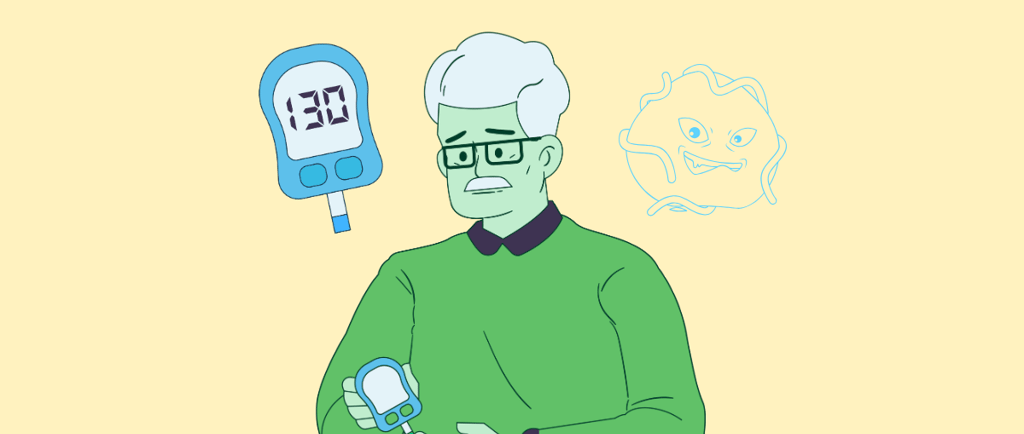How can I Naturally Reduce Blood Sugar Levels?
You can naturally lower your blood sugar by following a low-carb diet, staying well-hydrated, and taking a vitamin D supplement.
DIABETES
Sheryl Aguelo
8/11/20252 min read


To start, reduce your sugar intake by adopting a low-carb diet. This means cutting out bread, pasta, and white rice. Instead, opt for organic black, red, or brown rice, and quinoa. These grains have a lower glycemic index, which means they are less likely to cause a rapid increase in blood sugar. If you're finding it difficult to give up potatoes, switch to sweet potatoes as they are less likely to be genetically modified. For baking pizza and cake, use almond flour instead of wheat flour. Include a variety of fruits, vegetables, nuts, and seeds in your diet to ensure you're getting enough fiber. Although oatmeal is often recommended, it’s best to avoid it altogether. Even though some believe whole oats are better than rolled or instant oats, modern processing methods have changed their nutritional profile significantly. Oats today are different than the time of Moses. To be safe, eliminate oats from your diet.
If your diet has minimal impact on your glucose levels, consider adding supplements to support your efforts. Specific supplements that can help lower blood sugar levels include berberine, cinnamon, magnesium, and chromium. Best forms of magnesium are malate, threonate, or glycinate. Avoid magnesium oxide, which is poorly absorbed, and magnesium chloride, which is less commonly recommended by healthcare professionals. Chromium can help regulate blood sugar levels and is useful for both hypoglycemia and hyperglycemia.
Drink adequate water, incorporate moderate exercise into your daily routine and consider taking a multivitamin along with Vitamin D3. The typical recommended dosage of Vitamin D3 ranges from 1,000 to 4,000 IU per day. However, if diagnostic tests confirm a Vitamin D3 deficiency, functional medicine practitioners may prescribe higher doses, up to 100,000 IU. This higher dosage is considered safe only under the supervision of a healthcare provider and for individuals with confirmed deficiencies.
If you find Vitamin D3 supplements difficult to tolerate like me, you can achieve a similar effect through natural sunlight exposure. Aim for 10-30 minutes of full-body sunlight exposure daily during midday hours (between 10 a.m. and 2 p.m.), which can provide approximately 4,000 IU of Vitamin D. Generally, people who are vegetarian or have a lower meat intake can usually tolerate sun exposure without adverse effects more effectively than those with a higher meat diet.
If diet and supplements aren’t improving your condition, you might be dealing with Small Intestinal Bacterial Overgrowth (SIBO) or harmful bacteria in your gut. A stool test is the most effective way to diagnose these issues. Additionally, excessive toxins such as mercury, lead, and cadmium could be contributing to your symptoms. Since signs and symptoms of toxicity can be diverse and mimic those of other conditions, a urine test is useful for detecting these harmful substances.
DaVeganry
Empowering your health through holistic functional medicine.
DaVeganry
Stay Updated
daveganry@gmail.com
© 2025. All rights reserved.
